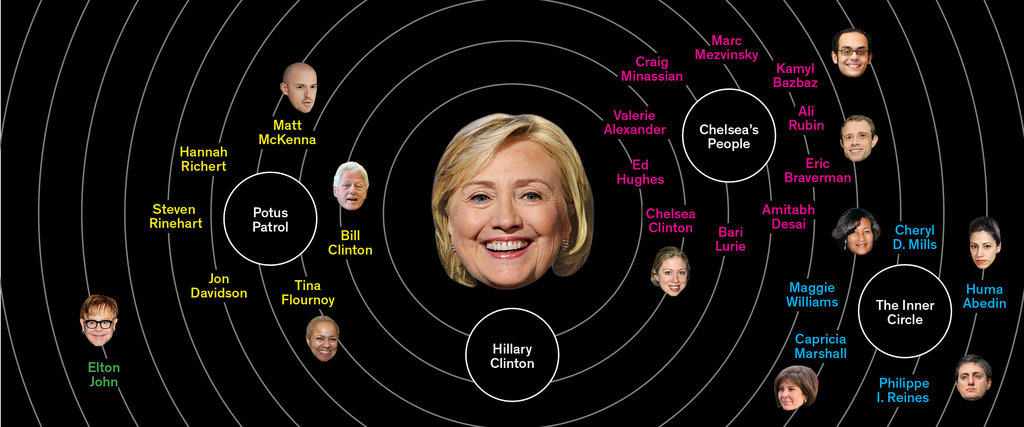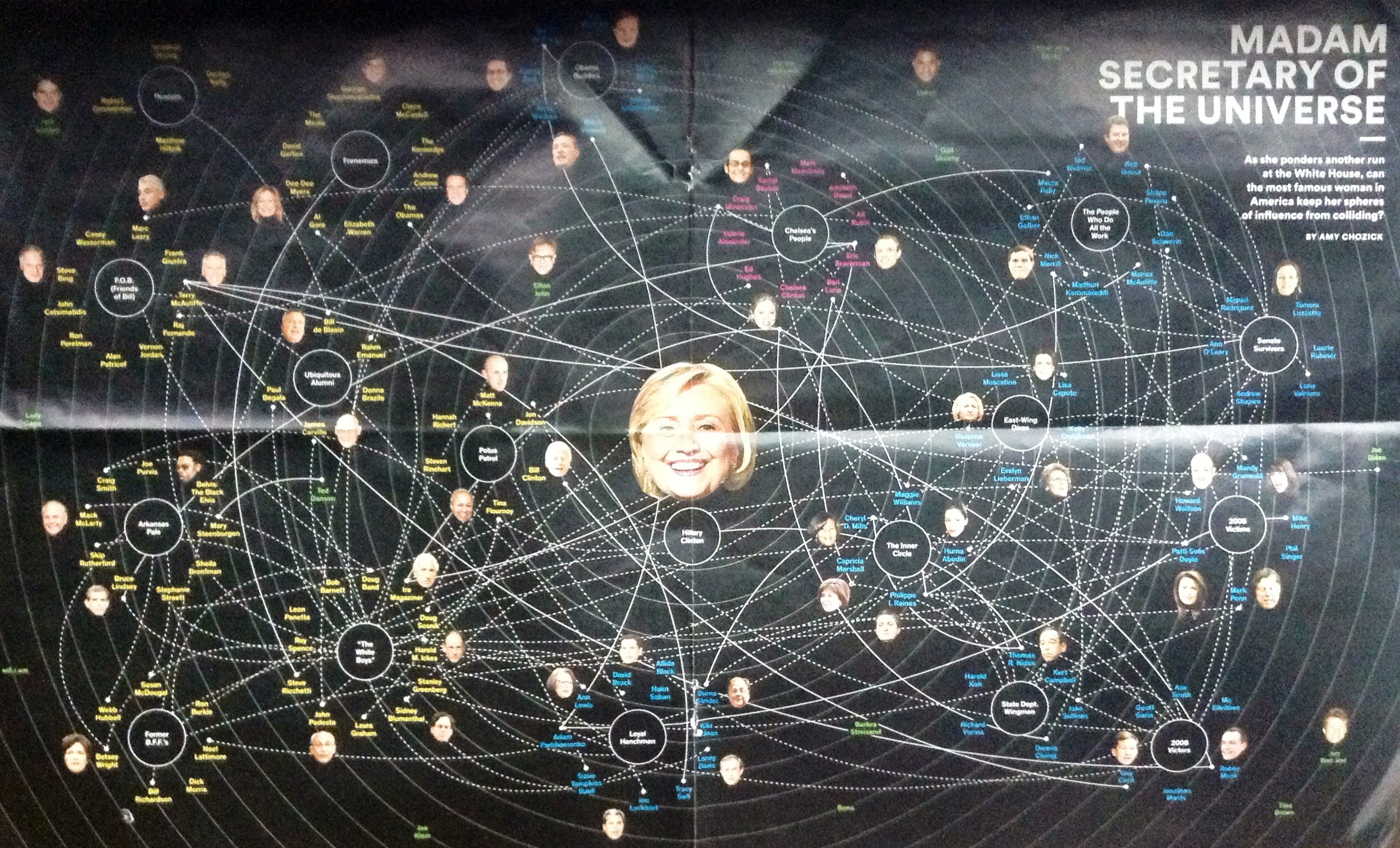Written by Paul Angone
We go through college, many of us spending a small fortune for an education, yet so many twentysomethings leave feeling completely unprepared.
How can this be?
Maybe we need a new kind of education once we hit our 20s. A strategic, big-picture plan on how to truly and authentically succeed in a decade that feels ripe with unsuccess.
Here are what I believe are the nine things everything twentysomething needs to know.
9 Secrets to Success in your Twenties
1. The Discipline of Yes or No
Successful people have mastered self-control in the small. The skill of saying no and yes at the right time to the right things.
It’s not complex. It’s simply trusting your gut and having the strength and wisdom to follow its lead.
It could be as simple as consistently saying yes to going to bed at the right time.
Saying no to that next round of drinks. Saying yes to the lunch with a friend of your parents, even though it’s bound to be awkward. Saying no to the relationship that’s as healthy as sipping motor oil. Saying yes to reading and exercise. Saying no to office birthday cake.
We can’t consistently make bad decisions in our 20s and then expect things to magically become better.
2. How to articulate who you are and what you’re passionate about
Finding your passion is one thing, being able to explain it simply and succinctly is another.
Don't expect anyone to hire you for your passion if you can't explain what it is. Everyone should have their "elevator pitch" down about Your One Thing – that place where your values, motivation, and strengths intersect.
Self-awareness is a crucial, underrated skill.
If you don’t know what your passion is and can’t explain it, don’t expect anyone to be able to understand what it is.
3. How to drink, and do social media, responsibly
Drinking responsibly – Life-Savingly important.
Doing Social Media Responsibly – Reputation-Savingly important.
Are you presenting an authentic, positive image of yourself online? Or are you the purveyor of these Facebook updates that need to stop happening?
Are you binging on social media in the same way you’d binge on alcohol – it makes everything feel better until, well, it doesn’t.
Use social media responsibly. Your life might depend on it.
4. New Stuff and Name Brands Don’t Add Value
Do you know what I consider one of the greatest achievements of my twenties? A beat-up, unsexy ’93 Honda Civic Hatchback with no air-conditioning, no right mirror, no power-steering, but lots of character. That’s right. I’m dang proud of this car and the fact that I’ve driven that thing my entire twenties to 220,000 miles and counting. I’m proud of all the money I saved from a car loan I never had to get.
Too many twentysomethings try to take a “stuff and status” leap that their budget can’t handle.
We try to ease our insecurities about what it means to be an "official adult" by covering it up with new things and name brands.
Our twenties are about what we plant in the ground, not about what we harvest. We can’t keep pulling our seeds out of the dirt before it has time to grow.
The answer -- Craigslist, thrift stores, yard sales, hand me downs, and the “As-Is” clearance section at IKEA. Literally every major item my wife and I own has come from one of these magical places.
Buying it new doesn’t add value, buying it new just adds a shiny, new, debt.
Don’t medicate your ego with new stuff while your bank account feels the effects of the hangover.
5. How to Mentor and be Mentored
Every twentysomething should have a mentor and be a mentor.
Twentysomethings should continually be learning to learn and learning to teach.
As I write in 101 Secrets for your Twenties:
“[We can’t] be smothered in Twentysomething. We need to sweeten our lives with some Generational Potpourri--a collection of
age ranges with different backgrounds and experiences to spice our lives up.”
If you don’t have a mentor, I don’t think there are necessarily a lack of mentors for twentysomethings. I think there are a lack of twentysomethings who are actively seeking mentors out.
I think many twentysomethings are frustrated that we can’t find help, yet we don’t take the steps to actually look for it.
Don’t expect a mentor to find you.
Maybe it’s pride or a lack of time that’s holding us back from seeking help, but I think the real obstacle is fear.
A fear of being rejected, a fear of commitment, and maybe a fear of someone shining a light on “all our stuff” and challenging us to do something about it.
6. How to Invest Your Time with Purpose
One of the biggest advantages twentysomethings have is time.
No longer is your time tied up with homework and you might not yet have the time-sucking vacuum that is a house and kids.
And every day you have a choice – will I invest my time in things that build or things that destroy?
How wisely do you invest your time, energy, and creativity in things that will produce high returns?
Will I deposit my time in things that will produce value? Or will I continually make withdrawals of my time and spend it on things that will never pay it back?
How you leverage your time now will be the key to your success later.
7. How to Strategically Work a Crappy Job
As I often say, “Lousy jobs are a twentysomething right of passage.”
But we can learn the most in the jobs we like the least.
Every job, no matter how terrible, has something to teach. What skills can be gained NOW that you can leverage LATER?
8. How to Fail Well
Twentysomethings have experienced an epidemic of success.
Growing up we received awards, gold stars, accolades, and most importantly, immediate feedback on how we were doing (most of which was overwhelmingly positive).
After college, immediate feedback is gone, trophies are packed away in your parent’s attic, and tangible success becomes a fairy tale of the past.
Twentysomethings must learn to fail well – to fail without calling yourself a failure.
To fail is human. To become a failure is deadly.
9. Know When to Stay and When to Leave
Knowing when one season is over and one is ready to begin is a crucial skill many of us spend years perfecting.
There are miserable thirty and fortysomethings in jobs they stopped caring about a decade ago—and it shows all over their work.
Then you have twentysomethings jumping from ship to ship before it even heads out to sea.
Operating at the right time with intentionality is a crucial and underrated life skill. Seasons come and go, if you don’t keep your eyes out for when the leaves are changing and plan accordingly, then you might be stuck out in a blizzard with your flip-flops.
Read the signs, ask for advice, and know when it’s time to go and time to stay.
(Special Note from Paul: I'm excited to share that for the next two days only, my publisher has significantly dropped the price of my book 101 Secrets for your Twenties (eBook version) to only $1.99 . The deal ends this Friday so snag it now!)
 About Paul
About Paul
Paul Angone is the author of 101 Secrets for your Twenties and the creator of AllGroanUp.com, a place for those asking "what now?" Snag free chapters from his book and follow him at @PaulAngone.
 About Paul
About Paul

 Jenny Blake is the bestselling author of
Jenny Blake is the bestselling author of 







 Jenny Blake is a bestselling author of
Jenny Blake is a bestselling author of 








 Starting a new job or having a new boss is always intimidating. You’re walking into a new situation, somewhat blind with high expectations of what’s to come. Without even knowing about it, you rub your new boss the wrong way… and all because you stumbled over the “respect is earned, not given” guidance.
Starting a new job or having a new boss is always intimidating. You’re walking into a new situation, somewhat blind with high expectations of what’s to come. Without even knowing about it, you rub your new boss the wrong way… and all because you stumbled over the “respect is earned, not given” guidance.